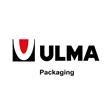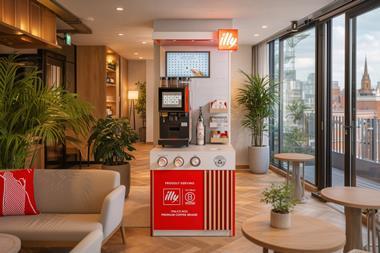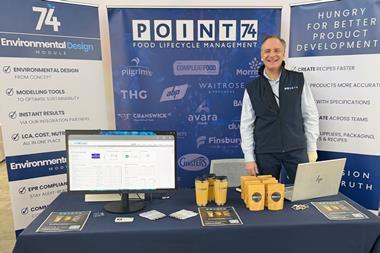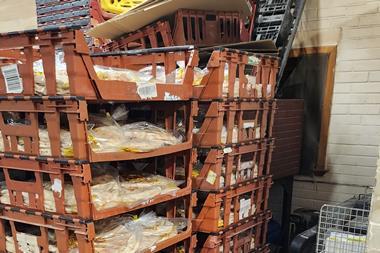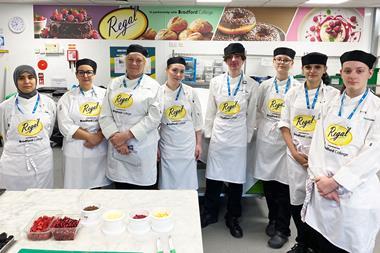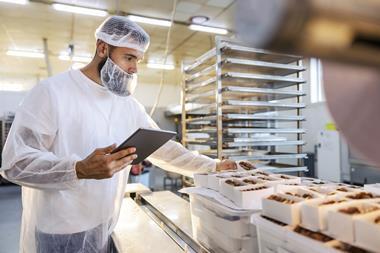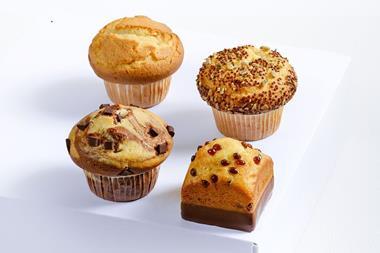With bakery businesses under significant pressure to maximise efficiency, while maintaining product integrity, James Couldwell, managing director for Ulma Packaging UK, investigates how the correct machinery specifications, speed and automation can help them do so.
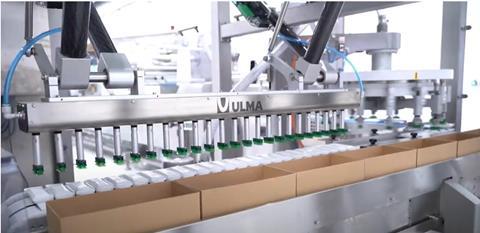
Rising costs from energy to commodities, further exacerbated by labour shortages, are impacting all sectors, not least bakeries. In such a volatile business landscape, ensuring efficiency and consistency is a priority, including when it comes to packaging. Being able to consistently provide high-integrity, quality packs at best possible performance is therefore vital.
Alongside this, bakery stakeholders also need to take into account current market trends, such as increased sustainability across operations and material choices, as well as innovation when considering packaging line automation.
The many and varied products and applications in the bakery sector therefore require businesses to seek out machinery providers that offer the widest range of solutions and technologies available. Alongside this, any prospective supplier should also have bakery product specialists available, who are able to specify machines regardless of product type, quantity and the business’ size and position within the supply chain.
For example, one area where extensive choice is a must is in flow wrapper machinery. These are widely used at bakeries, from entry-level machinery for start-ups and artisans taking their first steps into packaging technology, to larger, faster machinery for national chains.
Above all, flow-wrap machines need to be flexible - incorporated into automation projects regardless of company or footprint size, and able to handle numerous products, including morning goods, bread rolls, ciabattas, tortillas, and even shorter runs of specific products such as biscuits.
Handling higher speeds
For higher-speed, mid-range flow-wrapper applications such as packaging bread for national chains, companies should seek out packaging machinery with specific features to assist in production. These include motion control systems to further enhance the machine’s reliability, as well as an ergonomic, cantilever construction for easy cleaning, maintenance and access to mechanical and electrical components.
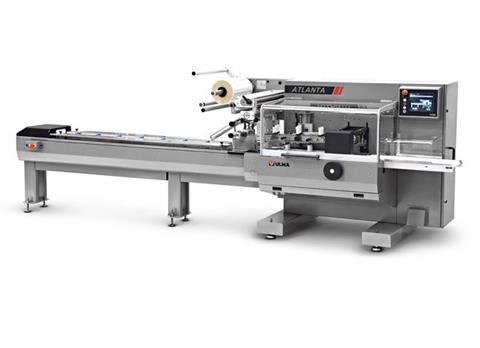
Any machine chosen for this application also needs to have strength, ease-of-operation and continuing reliability. Versatility is also a key consideration for environments with medium-to-high product demand, and for any larger automatic line requiring a horizontal flow-wrapper machine, such as in multi-pack biscuit wrapping. Ulma’s Atlanta, for example, features a self-centring film reel holder and touch-screen control to allow parameter settings such as bag length to be easily adjusted. It also allows data storage for up to 99 machine set-ups in organisations handling multiple types of baked goods and is designed so it can be integrated with many different automatic and semi-automatic feeders.
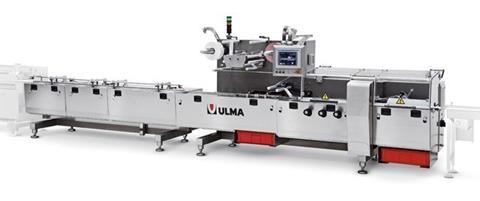
In extremely high-speed applications, such as the packaging of biscuits and protein bars, fully electronic machinery that integrate multi-axis control is highly recommended. This feature, available on solutions such as Ulma’s FR 500, helps synchronise the machine’s main movements across four independent servomotors in the rotary jaws, sealing rollers, infeed conveyor and motorised reel holder, along with automatic reel changing and rejection capabilities for badly sealed or empty packages. Selecting a machine with a complete range of infeed conveyors is also recommended, as they allow for a high level of performance across numerous applications and products.
Additionally, for other baked items such as tortillas, flatbreads and pitta breads, businesses should seek out packaging suppliers that can provide modified atmosphere flow-wrapper machinery. By using modified atmosphere packaging (MAP) to replace oxygen in the pack with nitrogen or carbon dioxide, this technology, included in Ulma’s FM range, ensures maximum shelf life for products in a flexible and versatile solution.
Sustainable savings
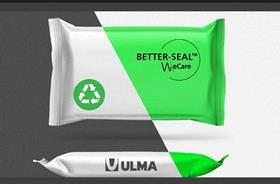
Automation aptitude
A standout trait of the bakery sector is that, as it involves the fast movement of large numbers of product, it is well-suited to automation. As with all food handling environments, putting systems in place around packaging systems will reduce the risk of contamination from manual handling and enable higher packaging speeds. Yet as well as this, implementing automated capabilities can allow skilled staff to be redeployed elsewhere, saving businesses from inefficient distribution of labour while optimising operations in a way that will support growth.
Subsequently, Ulma Packaging’s ability to leverage the skillsets of partner companies within the global Ulma organisation makes it well-placed to offer complete automation systems alongside its machinery offering. Multiple solutions have been developed to assist with this, including row distribution systems that align products ahead of primary packing, and case packers for shelf-ready packaging. Ulma’s own Dakota system can also be used to automatically arrange products prior to packing them.
Crucially, the technology can be implemented into all types of packaging machinery, including wrapping cookies on vertical packaging machines and bread on thermoformers. However, automation is especially well-suited to flow-wrap applications such as the packaging of snack bars, where speed is crucial. It can also be applied across all the packaging lines and for many applications, including linking flow-wrappers and vertical bagging machines via conveyor belts, or for end-of-line applications such as basket-filling or palletising/loading and unloading options, or even robot-based case packers.
In conclusion…
Global events are affecting all industries, bakeries included. With businesses increasingly under pressure to make operations more efficient, the packaging process should be identified as an area where improvements can be made, and new strategies adopted.
But in order to make meaningful and effective change to production and financial bottom lines, it is vital that bakery organisations work closely with packaging experts when looking at new machinery.
To see Ulma’s packaging machinery in action, please watch the video below:
Ulma’s experts are well-placed to advise bakers on their packaging machinery needs. This includes flow-wrappers, thermoformers, and vertical packaging machinery. To find out more, contact 01909 506 504, email sales@ulmapackaging.co.uk or visit https://www.ulmapackaging.com/en/packaging-solutions/bakery-biscuits-and-confectionery.




















